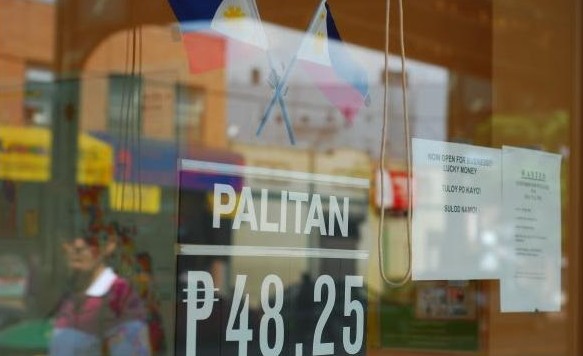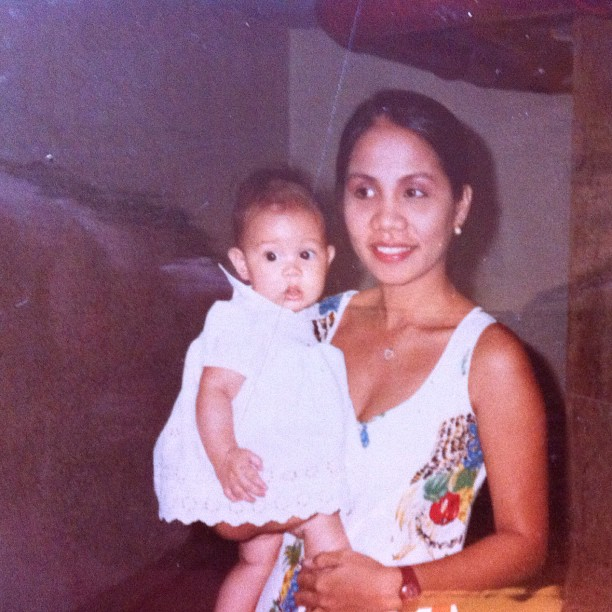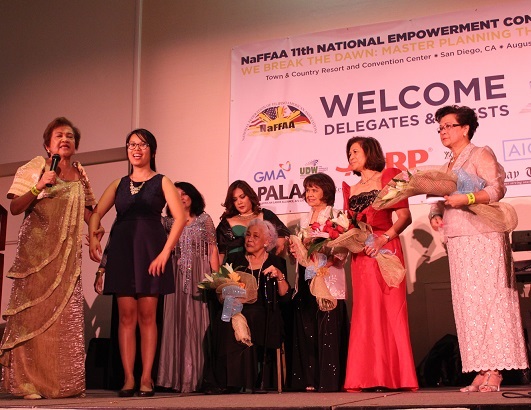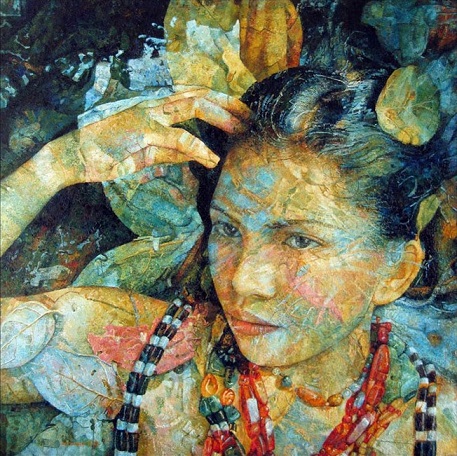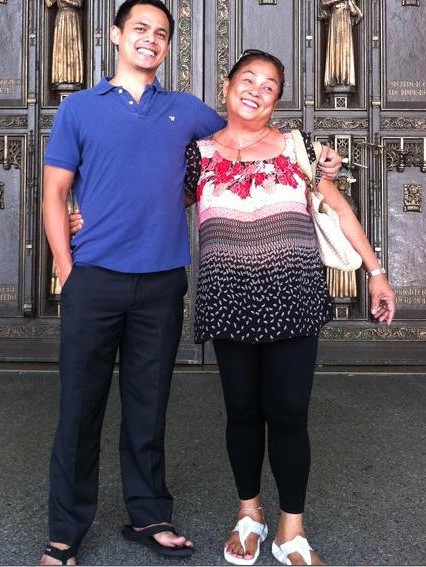‘Indai:’ For my mother and her loving heart
By A. MabiniIndai (n.) a beautiful Pilipina. Long legs, yellow shorts, tanned blouse, tender brown skin and a smirk on a picture of my mother in her late 20s reinforced my suspicions that she was a heartbreaker at my age. Today, a soft touch, a weary smile, her favorite duster and a warm heart can tell you how her love kept my brothers and I steady over the years.
The beauty of the Pilipina is reflected by the curves of her islands. The sound of palm trees and the summer breeze accentuate the language of the Ilongga. The simultaneously sharp and subtle edges of the hills and mountains of Mindanao can give you a bit of an idea on the complexities of the Visayan women. The hustle and flow of the tides of the white sandy beaches in Luzon holds any man captive in their imagination of the Tagalog women. All this is my idea of the Pilipina.
My mother’s explanation of the changing tides further romanticized my idea of the Pilipina. Women were flattered when you referred to them as indai, and it took a harana and a carefully planned strategy to capture her heart and the pleasures of her body. The infatuation of a pale skin, the willful enslavement to brand names and other trendy things did not easily persuade the indais. Their spirits were stronger than that, or rather, their pride grew them stubborn. My mother’s generation and the ones that came before them epitomized determination and resilience as they stick with the commonly matigas-ang-ulo and set-in-their ways Pilipino men for a lifetime, a lifetime.
Somewhere along the way, the Pilipina became embarrassed when referred to by way of indai, and her skin got lighter. The language and culture outside the islands were banned in some households for fear that it might hinder them from living the American Dream. The Pilipino dream of having a good family and a stable home in the Philippines no longer sufficed, traded in for long hours of work abroad and its loneliness. The reasons I dare say are ultimately for bragging rights.
One day, I hope to find my heart charmed by the above-mentioned breed of Pilipinas. My eyes to be captivated by her dark brown skin, while my hands settle somewhere between her lower back and her thighs. I am excited at the thought of sleeping in the melody of her snores (hopefully not louder than my mother’s); giddy at my imagination of the sweet words she will choose to soothe me when I’m angry. And I absolutely cannot wait to express to her the love that I learned from her kapwa Pilipina: Lourdes Lomarda Palatulan.
A. Mabini was born in Davao City and raised in the Bronx.

